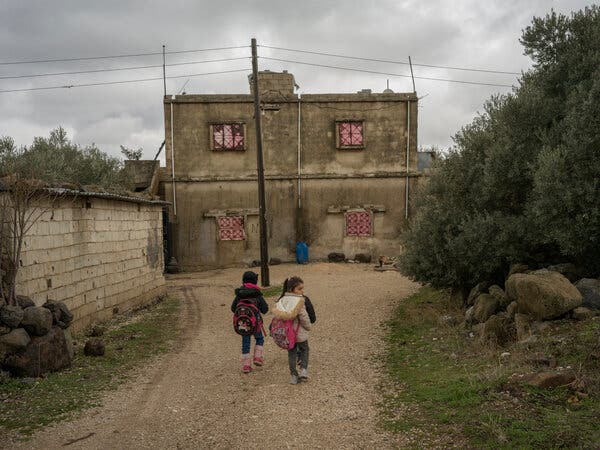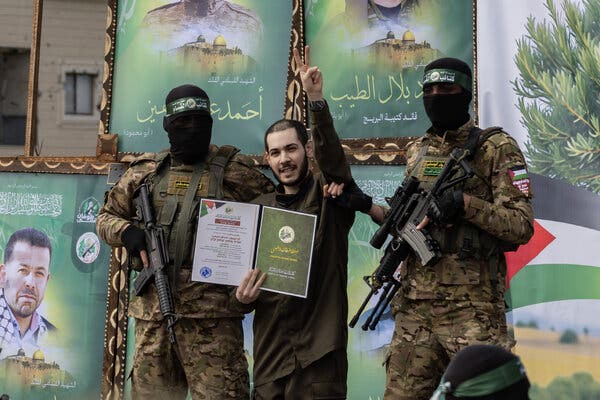Lebanon’s caretaker prime minister, Najib Mikati, summoned Tehran’s envoy over reported comments by a senior Iranian official on a U.N. resolution deemed a precondition for a cease-fire.

Lebanon’s caretaker prime minister accused Iran on Friday of meddling in the country’s affairs, opening up a rare diplomatic spat after Iran’s parliament speaker remarked that his country was ready to help negotiate terms to bring about a cease-fire between Israel and Hezbollah.
The reported remarks amounted to “a blatant interference in Lebanese affairs,” said the prime minister, Najib Mikati, who later summoned Tehran’s envoy to answer for them — a highly unusual rebuke by a top Lebanese official given the stranglehold that Iran-backed Hezbollah has on the country.
In an interview published by France’s Le Figaro newspaper a day earlier, the Iranian parliament speaker, Mohammad Baqer Ghalibaf, was quoted as saying that his government was ready to negotiate with France on the implementation of Security Council Resolution 1701, a U.N. agreement that ended the last war between Hezbollah and Israel in 2006 and is seen as a precondition for a cease-fire in Lebanon.
“The issue of negotiating to implement international resolution 1701 is being undertaken by the Lebanese state,” Mr. Mikati said in response, referring to the U.N. agreement. “Everyone is required to support it in this direction, not to seek to impose new mandates.”
The 2006 agreement called for a withdrawal of Israeli forces from Lebanon and said that only the Lebanese army and U.N. peacekeepers could operate militarily in southern Lebanon. It has widely been considered ineffective but has come into focus again during the current conflict.
Since the Hamas-led attack into Israel last year, Israel has been exchanging cross-border fire with Hezbollah, a Lebanese militant group and political party. The conflict has escalated sharply in recent weeks, leading Israel to invade southern Lebanon in a bid to destroy the group’s border infrastructure.
Although Mr. Ghalibaf’s chief adviser, Mahdi Mohammadi, later denied the remarks, it was too late to defuse the diplomatic tensions and Tehran’s envoy in Beirut was summoned to offer clarification. Lebanese officials stressed during the meeting that the country needed to preserve its sovereignty as it pursued a diplomatic solution to the conflict, according to a statement by Lebanon’s foreign ministry.
Mr. Mikati has repeatedly affirmed his government’s commitment to the full implementation of the U.N. agreement in an attempt to bring an end to the violence in Lebanon that has killed thousands and displaced over one million. However, Lebanon’s crisis-racked caretaker government is deemed largely powerless to rein in Hezbollah.
Euan Ward is a reporter contributing to The Times from Beirut. More about Euan Ward



